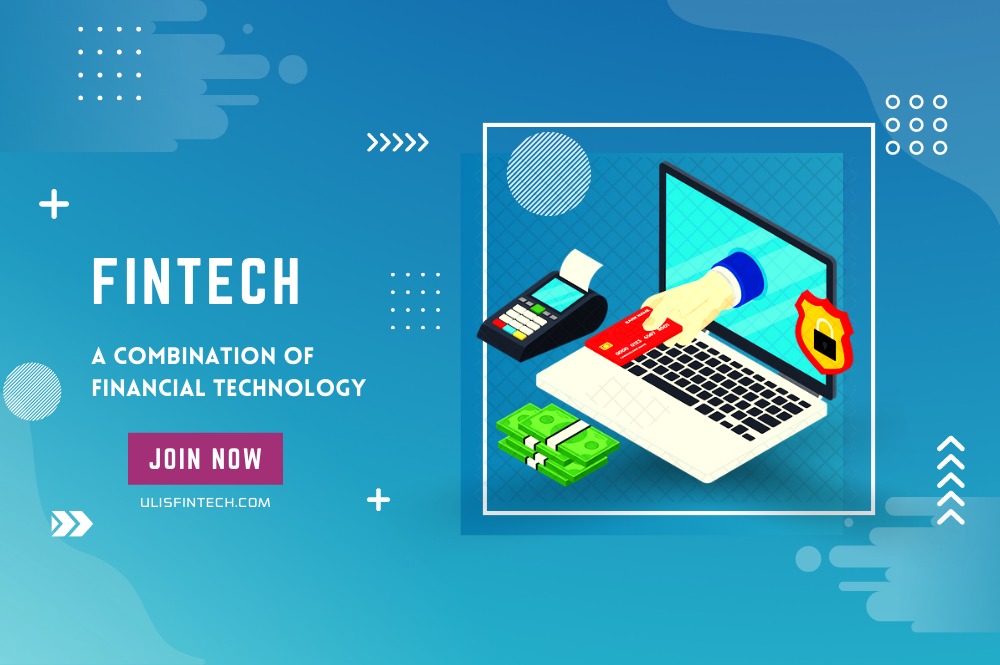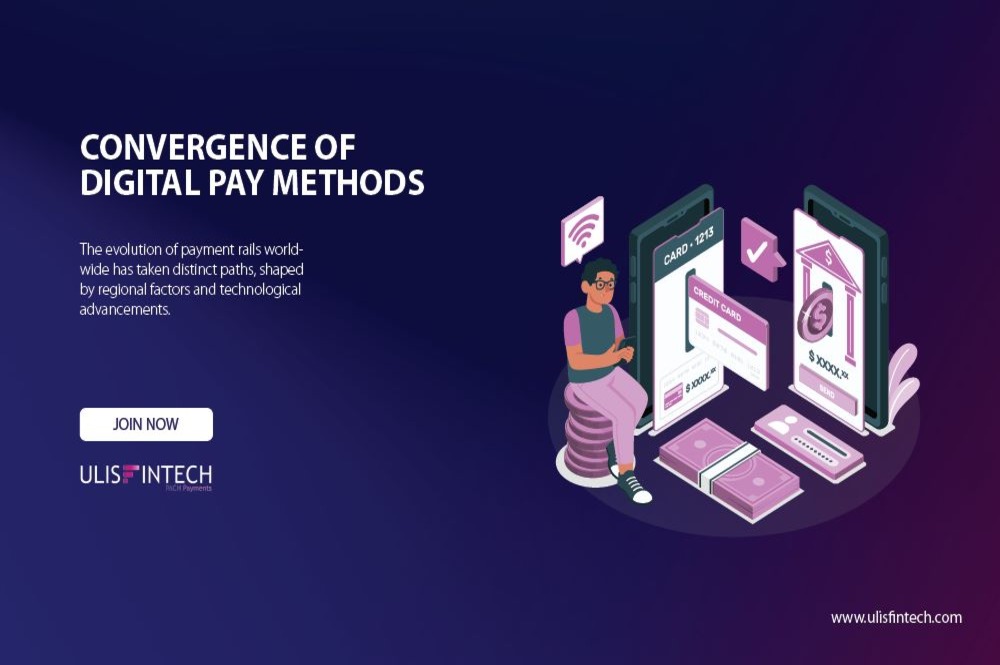Fintech - An Innovative Technology in Finance Industry
Feb 11, 2022 - 4 MINS READ

FINTECH - A COMBINATION OF FINANCIAL TECHNOLOGY
The continuing Covid-19 epidemic has had a significant impact on the world economy. Despite a recent decrease in global debt – the first in ten quarters- the debt-to-GDP ratio remains at all-time highs. The amount of financial debt has fallen in mature markets in recent months. But the amount of government debt has increased. Debt collection becomes very important in this circumstance. The industry is changing because of the latest technology improvements and the new hurdles provided by Covid-19. Fintech start-ups that use new solutions to address historical restrictions are attracting the attention of investors.
Fintech is a combination of financial technology and has yet to be legally defined. It is concerned with technologically-driven financial innovations that result in new financial products, services, or intermediaries. Consumer or corporate solutions, back-office applications, or alternative methods of completing the responsibility of a conventional financial intermediary (such as lending, payments, or asset management) are examples of fintech products. In a broader sense, fintech refers to organizations that provide such technologically enabled financial breakthroughs. The organizations cut off, automate, and reorganize portions of the value-added chain of traditional financial intermediaries. They often collaborate with start-ups. However, this is not always the case since established organizations can also engage in fintech operations.
Many payment fintech loan systems are regulated so that the borrowing fintech deducts a percentage of each transaction for the borrowing business regularly. FinTech’s keep a portion of every transaction made through their PoS devices to pay debts while lending merchants receive the remainder.
Following the Micro, Small, and Medium Enterprises Development (MSMED) Act of 2006, the Government of India established MSME, or Micro, Small, and Medium Enterprises. Products and commodities are typically produced, manufactured, processed, or stored by these businesses.
MSMEs are frequently barred from the credit market, not only because of a lack of financial information. However, increased debt enforcement costs are undesirable compared to the limited credit volume.
Another possible advantage of payment fintech lending is the capacity to provide flexible-payback loans to MSMEs by making payback sales-linked, as discussed above. MSMEs that confront unpredictable sales may benefit from the flexibility. MSMEs can share some of the risks with the lender by paying less in periods of poor sales and making up for it in periods of strong sales through flexible repayments.
K. Rishabh and J. Schauble (2021) wrote a study entitled Payment FinTechs and Debt Enforcement. The study found that payment fintech’s are unable to capitalize on enforcement technologies. Different payment modalities, particularly cash, can negate the seniority gain. Countries migrating to digital payments must address this problem to some extent. The growing impact of digital transactions will hasten the expansion of payment fintech that provides credit with automated sales-based repayment. Despite the benefits of enforcement technologies, suppliers of sales-based credit must still screen and monitor their borrowers appropriately.







